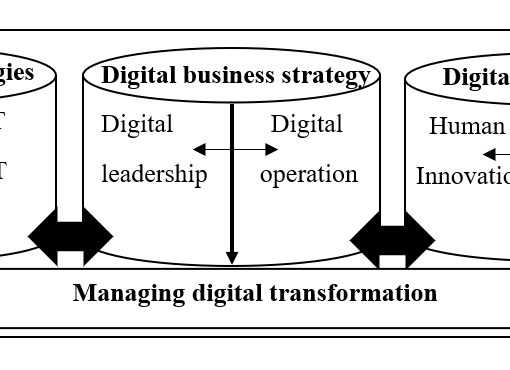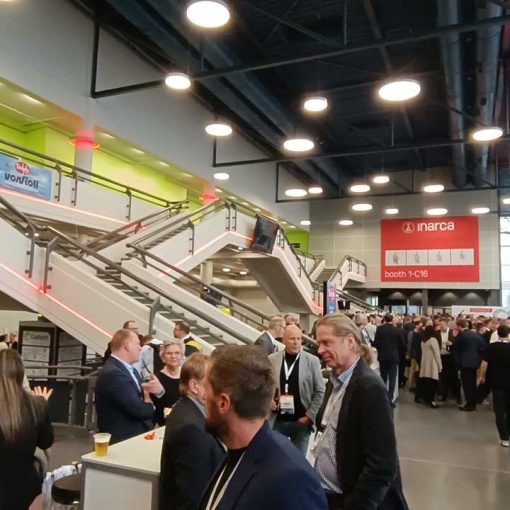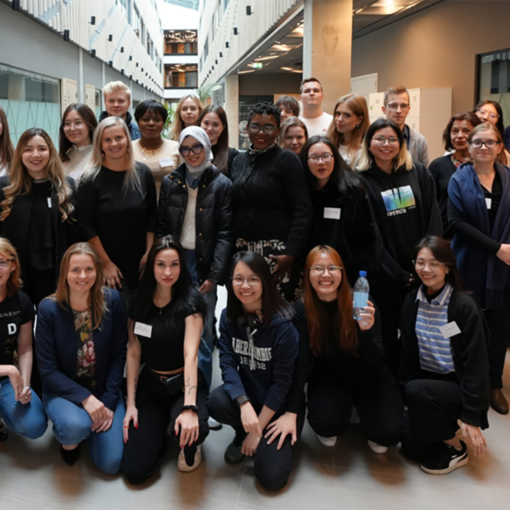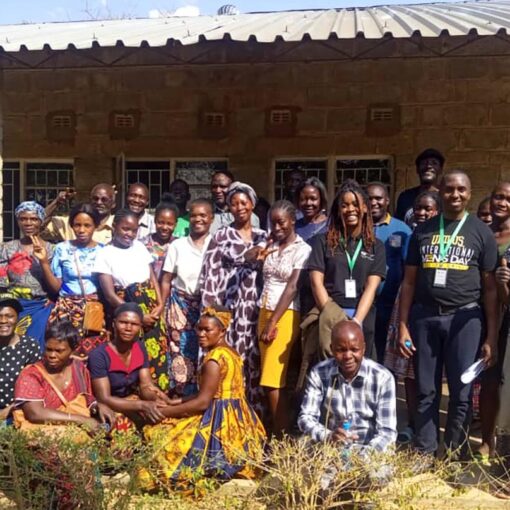Reaching inclusiveness in education and within societies is an important goal of Agenda 2030 as it forms one of the basic principles of Sustainable Development Goals: leave no one behind (United Nations 2024). In other words, inclusiveness has been referred to including those people who have historically been excluded, most vulnerable groups.
United Nations defines inclusion as the process of improving the terms of participation in society, particularly for people who are disadvantaged, through enhancing opportunities, access to resources, voice, and respect for rights (United Nations 2024).
Increasing inclusion in education
Inclusiveness is relevant for SmartVille project (LAB 2024; SmartVille 2024) as partners establish two living labs in Zambian communities and two in Namibian communities that aim to increase access to education also among the most vulnerable groups. In June 2024, SmartVille project partners analyzed and discussed together what does inclusion mean in Finland, Germany, and Zambia in general and what does it mean in their contexts and universities specifically.
The Zambian perspective highlighted the need to achieve education for all, increasing enrollment rates for adolescent girls, the need of investment in the education sector, promoting a work environment where everybody is valued respected and included. In addition, providing financial resources (e.g. micro loans), creating financial initiatives that bring financial inclusion and access to sustainable health care to reduce maternal death and child illness was highlighted as important part of inclusion.
In sum, Zambian partners highlighted disparities in terms of access to education, employment, finance and healthcare and that often the most vulnerable groups are systematically excluded from access to services/places, legal aid and healthcare. Lack of inclusion is greater in rural settings with a greater lack of infrastructure, investments, and institutional support.
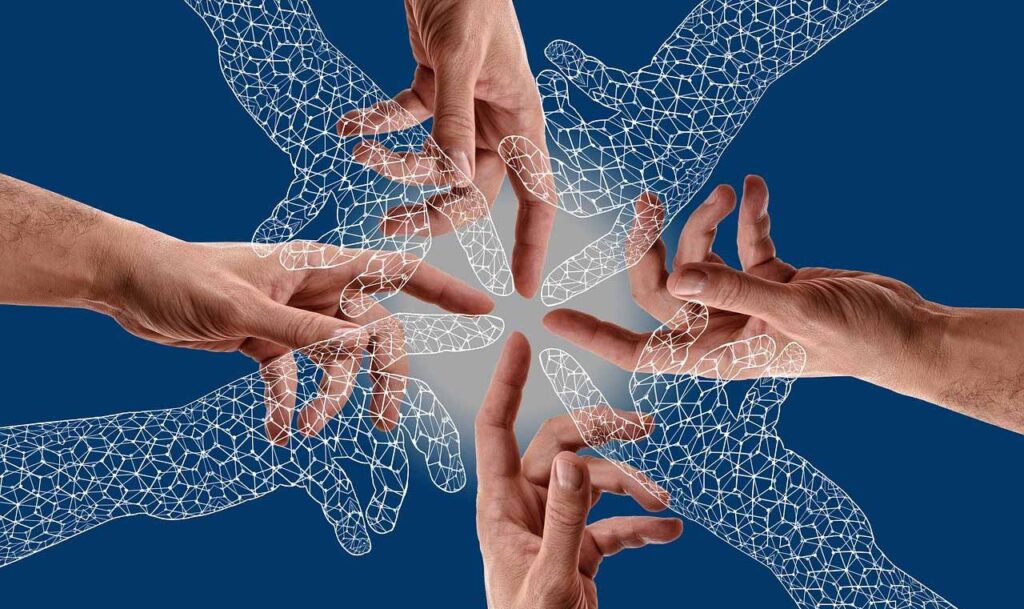
German perspectives highlighted that inclusion is not the same as integration; it pursues the paradigm of counteracting social exclusion and recognizing diversity in society and that the most vulnerable groups are fully integrated into the majority group or existing social systems. In Germany, the term “inclusion” is predominantly associated with people with disabilities, but ultimately means the social inclusion of all people who have a characteristic that can have an exclusionary effect (e.g. gender, skin color, race, age, etc.).
Infrastructure and institutional support as challenges
The Finnish perspective emphasized equality, and similar perspectives which the United Nations have highlighted (“leave no one behind”), also emphasizing school, community, and national level of inclusion. When comparing the national differences and similarities, partners defined that inclusion means full integration and participation of vulnerable groups and it should entail all areas of life, education, finance, health care. However, there are some challenges in inclusion, such as lack of opportunities, weak level of infrastructure, investments, institutional support, and lack of government support in reaching inclusion.
To achieve inclusion, following actions are needed; giving access to services/places, legal aid, health care, accessibility, and increasing actions that promote inclusiveness and empowerment. At the end, inclusion in education and in societies helps us to achieve Agenda 2030 goals set by the United Nations.
Authors
Terhi Saarijärvi, D. Sc. (Econ. & Bus. Adm), works as a RDI expert in the SmartVille project and as a lecturer in the VALIOT project at LAB University of Applied Sciences, Lappeenranta, Finland.
Ann Christin Schulz, M.A. (Social Sciences) works as an expert for inclusion and marginalised people in the SmartVille project as well as in other projects at TU Dortmund University, Germany.
Christine Best, M.A. (Ageing Societies) is responsible for providing an intersectional gender perspective in the SmartVille project and is also involved in other research and teaching activities in the field of “Work, Organization and Gender” at TU Dortmund University.

References
geralt. 2022. Altmann, G. Kädet, tiimi, yhteistyötä, sormi. Pixabay. Cited 15 Aug 2024. Available at https://pixabay.com/fi/illustrations/k%C3%A4det-tiimi-yhteisty%C3%B6t%C3%A4-sormi-6949096/
LAB. 2024. Developing sustainable and entrepreneurial villages through educational living labs in Namibia and Zambia. Project website. LAB University of Applied Sciences. Cited 3 Jul 2024. Available at https://lab.fi/en/project/developing-sustainable-and-entrepreneurial-villages-through-educational-living-labs-namibia
SmartVille. 2024. Project websites. Cited 1 Jul 2024. Available at www.smartvillelivinglabs.com
United Nations. 2024. Leaving no one behind. Cited 1 Jul 2024. Available chapter1.pdf (un.org)

